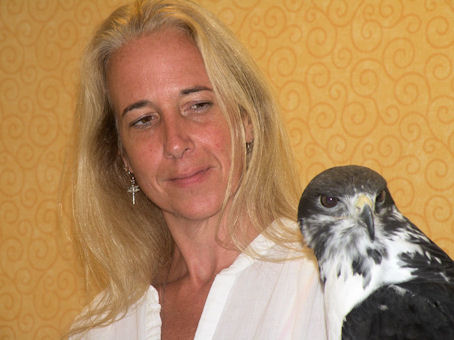Although this is the third in the series of short articles I realized that perhaps it should have been the first and this realization will hopefully enable me to present future articles in a better sequence, one that builds a foundation to support the subsequent articles. This article addresses two fundamental terms; behavior and learning.
Behavior
Anything a person or animal does that can be measured. In practice, the term usually refers to publically observable overt behavior. However, behavior that is available only to the person performing it (such as thinking) may be included if it can be reliably measured.
“Learning and Behavior”, Paul Chance
This short paragraph contains so much valuable information that we can use in our interactions with our birds or indeed with any animal including our fellow humans. For me a crucial element is that behavior is anything a person or animal does that is “publically observable.” The science of behavior change deals with observable behavior. One of the first steps in learning the application of behavior science to changing the behavior of our birds is to train ourselves to observe and report the behavior we see rather than attempting to divine their inner state. By focusing on what we see them doing we can devise a plan to work on the behavior and easily assess if the is actually working.
Learning
A change in behavior due to experience.
“Learning and Behavior”, Paul Chance.
Notice that learning is defined as a change in behavior, Chance points out his book that behavior scientists prefer this word over “acquisition” because learning does not always involve acquiring something, when learning is happening behavior continues to change. In my opinion the use of the word acquisition also suggests that the behavior is acquired quickly and in short order, whereas change suggests an ongoing process and for me that better describes learning a behavior.
The nature of the change in the behavior can be in any dimension. It may be a change in the speed, duration, intensity, frequency, or indeed any combination of these dimensions.
What actually changes behavior is experience. Experience is a smell, a touch, a sound, a taste … etc. It is a physical event. Although this may sound like a circular definition, experience is exposure to any event that changes observable behavior.
While on this fundamental definition I would like to point out that teaching and training may be used interchangeably when speaking of the person working to change the behavior of another person or animal. Almost by social convention we speak of teaching humans and training animals. I believe this division has grown out of social stigma directed against early behavior scientists and their animal based experiments. For me the two words are pretty much interchangeable.
If this is the first of my behavior and training terms articles you have read please visit the list of articles to read more. To be kept informed of new articles as they appear use RSS subscription link on the right of the article, or sign up for email notification of new blogs posts on the form provided here.
Should you have a term you would like included in this glossary or if you have a question about a term please feel free to send me an email (TrainingBlog AvianAmbassadors
AvianAmbassadors com) .
com) .
Keep soaring,
Sid.
 avianambassadors
avianambassadors com?subject=8th%20Annual%20Raptor%20Handling%20Class) today for your registration form or call (505) 349 5714. We look forward to hearing from you!
com?subject=8th%20Annual%20Raptor%20Handling%20Class) today for your registration form or call (505) 349 5714. We look forward to hearing from you!




